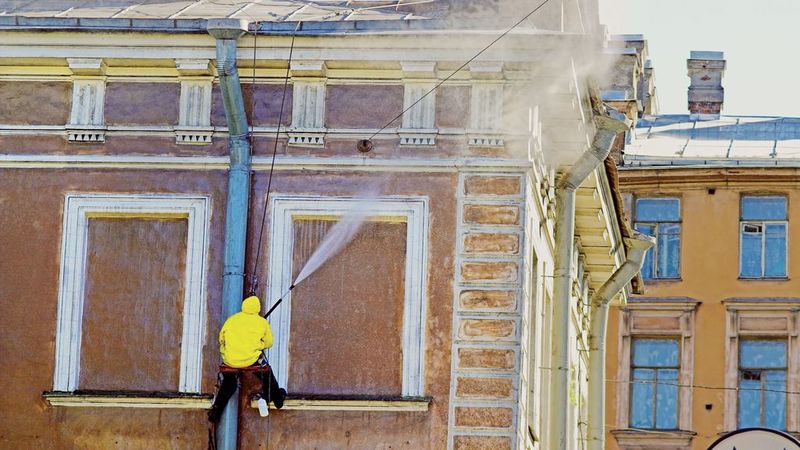Residents of Massachusetts know that winter can be brutal. The freezing cold, feet of snow, and frequent inclement weather, can all take their toll. This is true of the physical environment as well, particularly when it comes to man-made structures, which often require a little bit of extra care both as winter is approaching and throughout the year. As property owners make plans for winter, Asphalt Pavement Maintenance in Worcester MA should not be overlooked.
Without proper maintenance, issues that start out as minor annoyances can quickly become serious hazards. The first step that must be taken is also one that is frequently overlooked: sealing cracks. When water seeps into asphalt’s subsurface during the cold winter months, it will freeze and thaw repeatedly, causing expansion and contraction beneath the pavement. This can significantly worsen existing cracks, and necessitate much more costly repairs if left unchecked. Sealing them is quick and easy, provided they are caught early.
Sealcoating is another step property owners can take toward preserving their asphalt surfaces. It involves applying a thin coat of sealcoating material directly onto the surface, and requires specialized equipment and knowledge for proper application. Those interested in sealcoating driveways, parking lots, or other asphalt structures should contact a professional contractor, such as those employed by Premier Sealcoating & Line Striping. It is possible for individuals to purchase sealcoating materials and equipment, but they will not be as high-quality, and often lead to poor results and further damage repair.
Small surface cracks, sometimes called spider cracks, can be filled in through sealcoating, providing they are no more than 1/8” in width. Regular cracks require rubberized sealing material, but these smaller spider cracks can be successfully filled as part of regular Asphalt Pavement Maintenance in Worcester MA. Sealing cracks of any size as quickly as possible after they appear is essential to proper maintenance. If left untreated, these cracks will allow water to penetrate beneath the surface of the asphalt, leading to deterioration, and the need for premature repaving.
Experts differ in their recommendations for how often asphalt driveways should be resealed. The frequency of this important maintenance procedure will depend on the temperature, precipitation, and how much use the surface gets. In places like New England, where temperatures frequently reach well below freezing, driveways should be resealed at least every other year.







